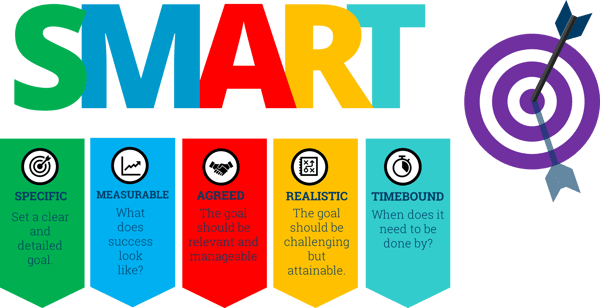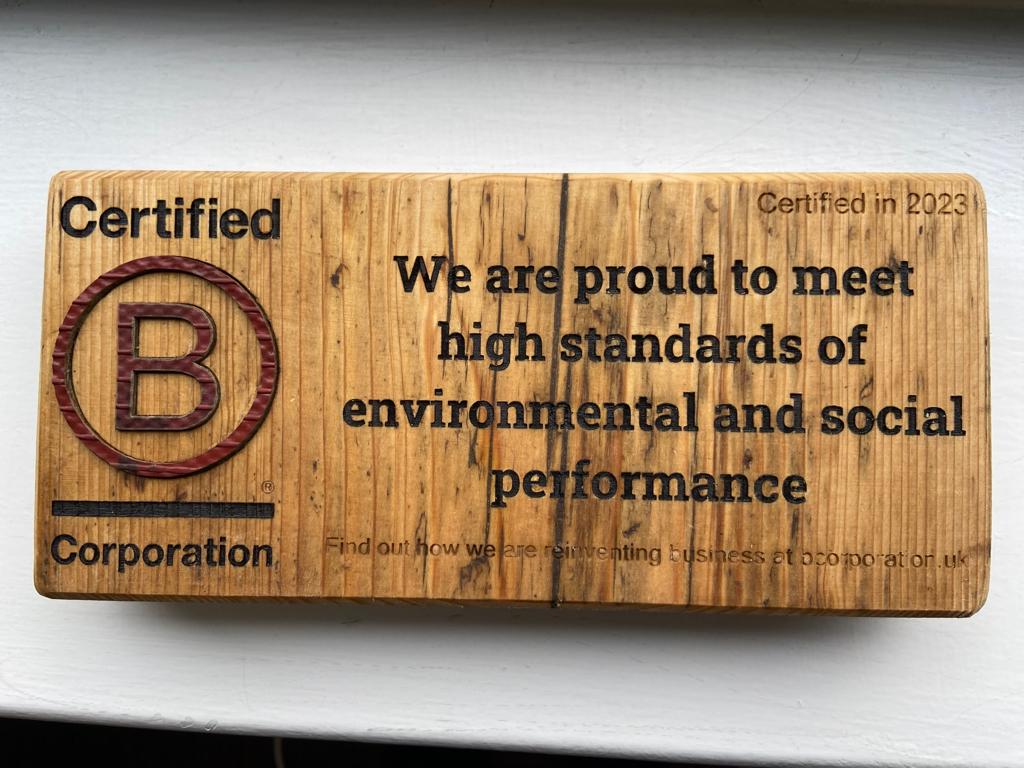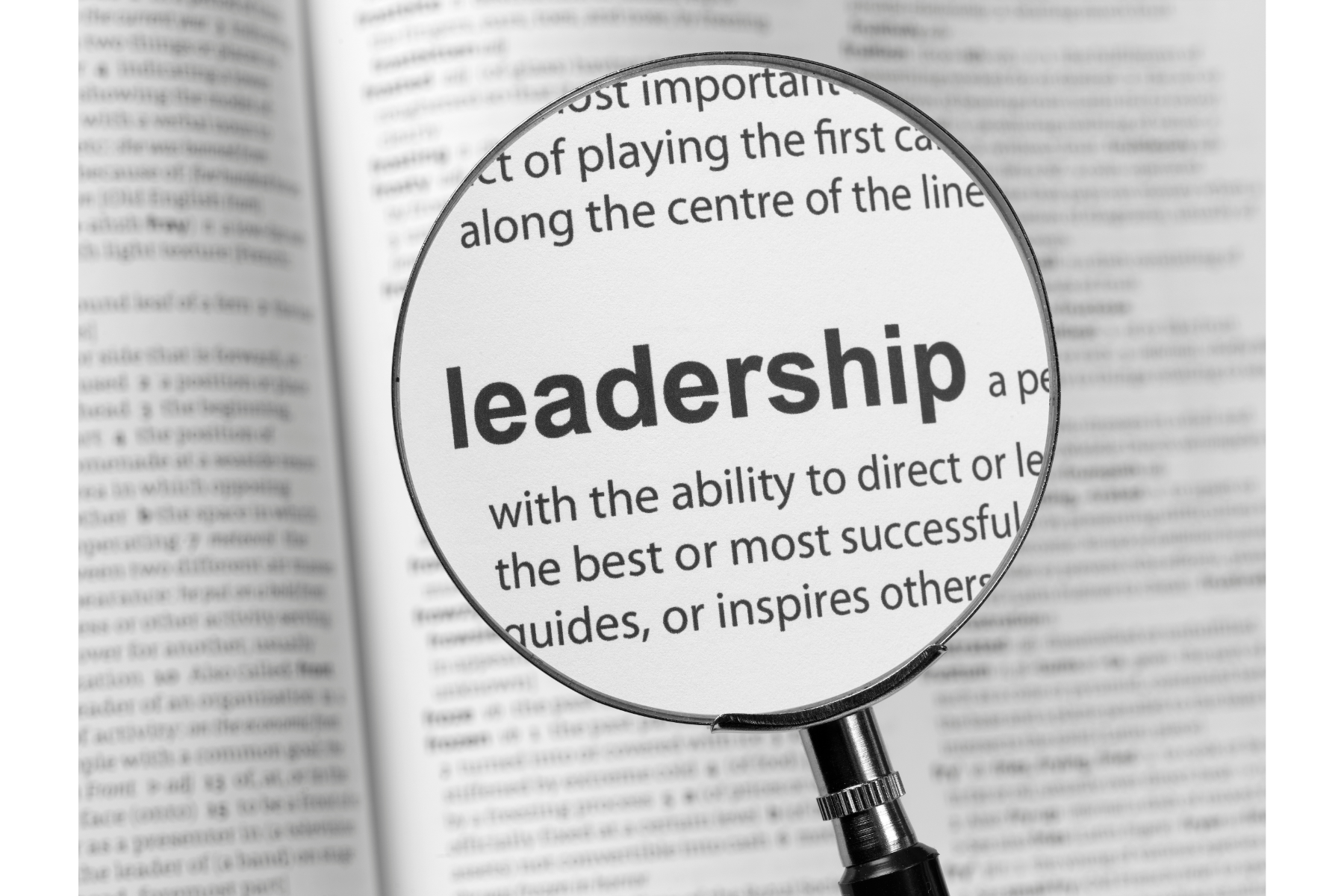In a blog last month, as businesses continue to face considerable issues in attracting, recruiting and retaining staff we looked at how to get the best from your team. In that article we explored what leaders and managers can do to improve performance and create an environment in the workplace where existing employees feel motivated, engaged and committed.
Increasing employee engagement, job satisfaction and productivity are undoubtedly objectives for any organisation and research confirms the significant positive impact that team working has on all these elements. However, building an effective team is not simply about hiring the most highly qualified people or making sure that everyone has similar interests, skills or personality traits.
.png?width=600&name=The%20whole%20is%20greater%20than%20the%20sum%20of%20its%20parts%20(1).png)
The People Analytics team at Google spent two years studying over 180 teams to work out what makes teams effective and the results provide valuable insight for leaders and managers who are keen to get the best from their team(s).
They found five factors that are essential for a high-performing team:
1. Psychological safetyThe most important factor by far was the need for team members to feel “psychologically safe”. This phrase was coined by a Harvard Business School professor who defined it as “a belief that (you) will not be punished or humiliated for speaking up with ideas, questions, concerns, or mistakes.” Put simply, this means that team members trust others on the team and feel able to ask a question, suggest a new idea or own up to mistakes.
Patrick Lencioni, author of The Five Dysfunctions of a Team said that “teamwork begins by building trust” and to start building trust within your own team, you should foster honest and open communication, be curious, ask questions and show that you don’t have all the answers and show team members that it’s OK to make mistakes by encouraging them to see issues, problems and challenges as a learning opportunity.
Over the last two years, remote or hybrid teams have become more common place and whilst distance may appear to present some challenges for team working, the Google research showed that it was not about where team members were located but how they worked together which impacted their effectiveness. Encourage regular check ins and updates to bring people together, give an opportunity to all members to contribute, speak and be heard and find moments to share feedback, celebrate achievements and recognise colleagues.

2. Dependability
On dependable teams, members reliably complete quality work on time and everyone knows that they can trust their colleagues to do what they say they are going to do.
This requires transparency around priorities, progress and who is doing what, so make sure that there is clarity around roles and responsibilities with clear communication including morning briefings to focus on priorities and sharing progress towards goals / objectives at regular team meetings.

3. Structure and Clarity
Effective teams know what is expected of them with clear roles, plans and goals. They also know how they are going to achieve their goals and are aware of the importance of each member meeting expectations and performing.
Leaders / managers should set SMART goals (i.e. they are Specific, Measurable, Agreed, Realistic and Time-bound) for individuals and for the overall team and should set targets such as KPIs to measure and track performance.

4. Meaning
Finding a sense of purpose in the work itself or the output is important for team effectiveness. For some the meaning of work may be financial security whilst for others it could be helping the team to succeed. Through 1-2-1 meetings, informal conversations and ongoing communication, managers can learn what drives the individuals in their team and can share positive feedback, recognition and gratitude to increase motivation and engagement.

5. Impact
When individuals feel that their work matters and they can see how they are contributing to the bigger picture – the overall company mission, vision, purpose - they are even more effective.

Professor Steve Kempster, one of our masterclass speakers, likes to remind our delegates of the story of the two quarry workers. When asked what they were doing, one quarry worker explained that they were cutting rocks, whilst the other described that they were ‘building a cathedral’. It is the second person who can see the link between their day-to-day role and the overall company goals who is more motivated and will bring their best self to work.
Our new course, Effectively Leading Teams, is available now on our QuoLux™ Online Leadership & Management Centre if you'd like more information around the subject.
If you are interested in finding out more about developing your organisation to improve leadership and business performance and get the best from your team, please get in touch with Jo Draper or Stewart Barnes.
Our next effective leadership and business strategy program for senior leaders (LEAD™) starts on 10th and 11th November 2022.
Keep up-to-date on the latest leadership and management tips by signing up to our weekly blog here




